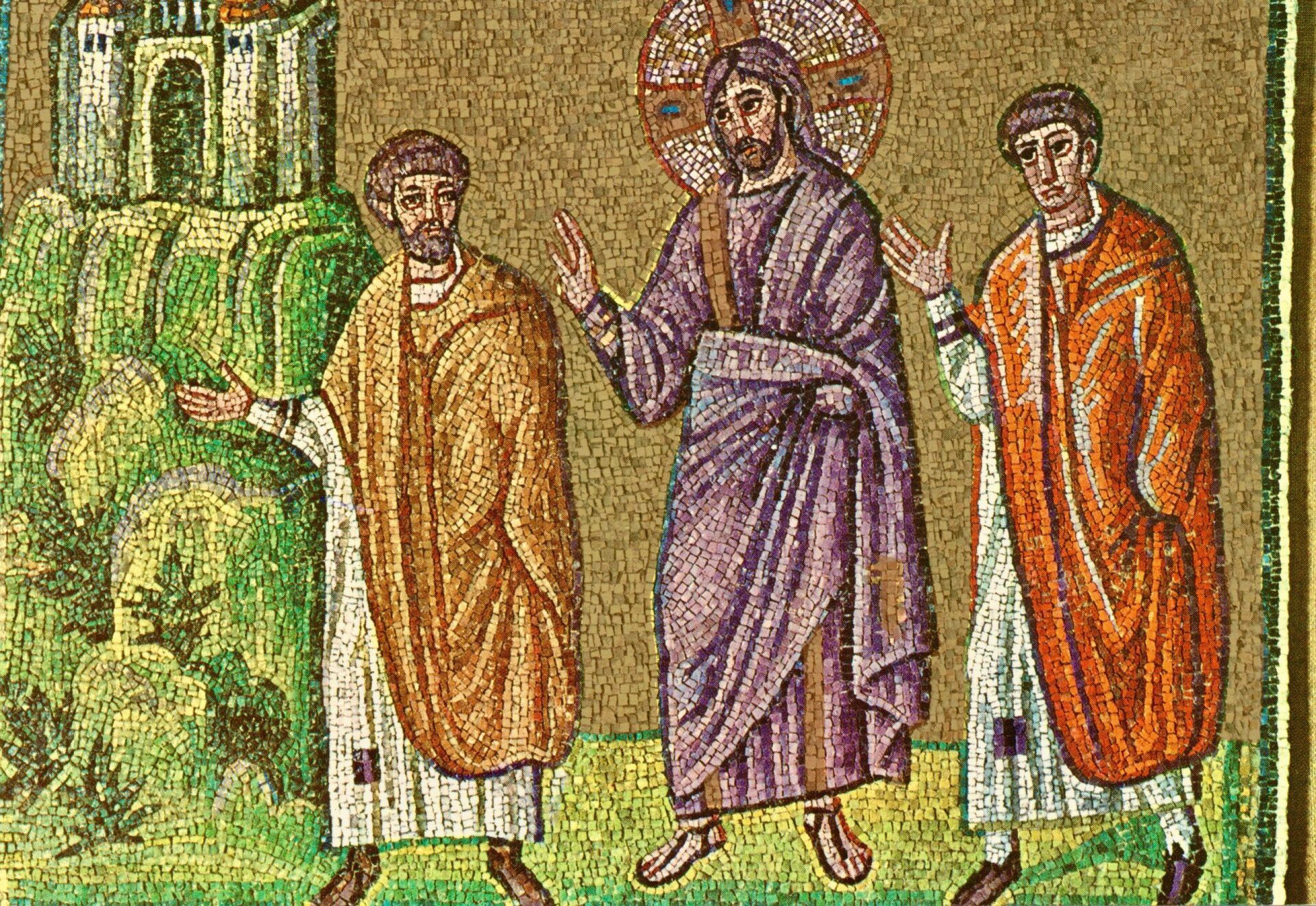Message of Abbot Paul - Easter Wednesday

Message from Fr Paul for Wednesday, 21st April
The situation in Ukraine gets very much worse. Ten million people, who were happy and settled in their homes and country, have so far been displaced and forced into becoming refugees. Many have lost everything, including their loved ones. How much longer can we in the West allow this to go on? Do we want to see the whole nation on the run or turned into a massive graveyard? What is being perpetrated by Putin and his supporters must surely be a crime against humanity and one that cries to heaven for vengeance and the wrath of God. Lord, we ask you to intervene, as you did in the battle between David and Goliath. All this is happening in the holiest of weeks for Orthodox and Eastern Catholic Christians. Will they launch bombs and missiles and kill innocent people, adults and children, on Good Friday and on Easter Sunday? I have never felt so helpless in all my live. Can this really be what God wants? Where is God in this war? Let us keep praying for the people of Ukraine and do all we can to support them.
---
Our Gospel passage today comes from Luke, (Lk 24: 13-35), and is the account of the meeting of the two disciples with Jesus on the road to Emmaus.
“Two of the disciples of Jesus were on their way to a village called Emmaus, seven miles from Jerusalem, and they were talking together about all that had happened. Now as they talked this over, Jesus himself came up and walked by their side; but something prevented them from recognising him. He said to them, ‘What matters are you discussing as you walk along?’ They stopped short, their faces downcast.”
As always with Luke, the story is beautifully told. It’s so natural, we can hear the evangelist talking to us. Cleopas and his companion are discussing the events that have taken place these past few days in Jerusalem, the arrest, trial and crucifixion of Jesus, and now these rumours spread by the women that Jesus is still alive and that some of them have seen him. The two friends are obviously very disappointed at the outcome on Jesus’ life and are probably doubting their discipleship. They are so caught up in their discussion that they don’t recognise Jesus. He asks them what they’re discussing. They’re caught short, surprised that he’s heard nothing, so they tell him their story. They give him the facts as they see them, but then go on to express their real disappointment, that they had expected him to be a political leader and now he was dead. They obviously didn’t believe the women’s accounts of seeing angels or that he was alive. Their companions had seen nothing when they went to the tomb. When they have said all they have to say, Jesus replies, “You foolish men! So slow to believe the full message of the prophets! Was it not ordained that the Christ should suffer and so enter into his glory?’ Then, starting with Moses and going through all the prophets, he explained to them the passages throughout the scriptures that were about himself.” They do not respond to this, but as it’s nearly evening and they’ve arrived home, they invite him to stay with them. He accepts their invitation. Little do they know what is about to happen.
“When they drew near to the village to which they were going, he made as if to go on; but they pressed him to stay with them. ‘It is nearly evening’ they said ‘and the day is almost over.’ So he went in to stay with them. Now while he was with them at table, he took the bread and said the blessing; then he broke it and handed it to them. And their eyes were opened and they recognised him; but he had vanished from their sight. Then they said to each other, ‘Did not our hearts burn within us as he talked to us on the road and explained the scriptures to us?’” It’s at table that they suddenly recognise Jesus, at the breaking of bread. Had they been at the Last Supper? Had they seen the miracle of the feeding of the five thousand? We don’t know, we’re not told. With that Jesus vanishes, but they are left thinking about that conversation on the road. “Did not our hearts burn within us as he talked to us on the road and explained the scriptures to us?” Often, it’s with hindsight that we realise that God was with us, perhaps when we needed him most. Although it’s late, they decide to return to Jerusalem to tell the others what happened to them on the road to Emmaus. ”There they found the Eleven assembled together with their companions, who said to them, ‘Yes, it is true. The Lord has risen and has appeared to Simon.’ Then they told their story of what had happened on the road and how they had recognised him at the breaking of bread.” When we come together to celebrate the Eucharist, Jesus is with us. We recognise his presence among us, at the breaking of bread and when he explains the scriptures to us. I think it’s true to say that often our hearts burn within us just as they did for Cleopas and his companion on that first Easter Day. That’s what it means to be a Christian.









